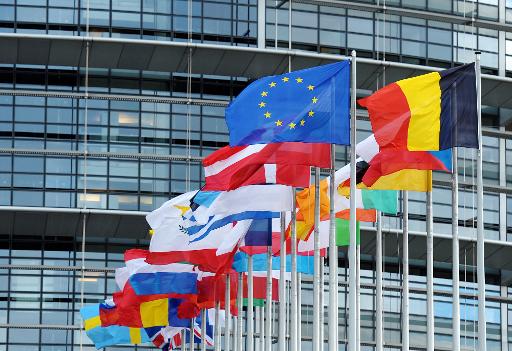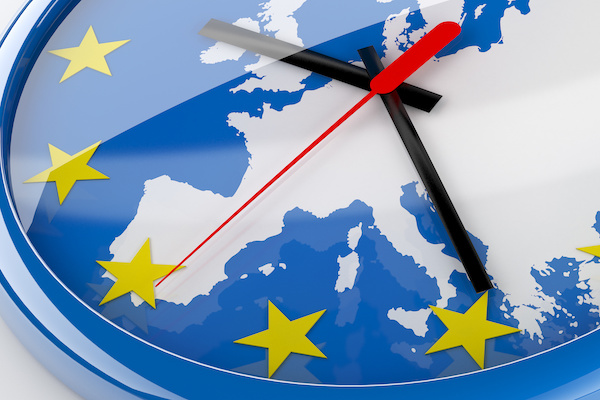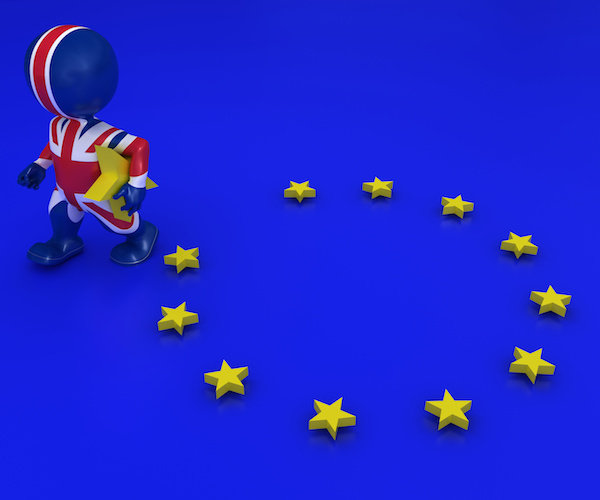11 September 2014
Mogherini-Tusk: a clever compromise to face euroscepticism?


Gathered in the Extraordinary European Council meeting in Saturday, Aug. 30, the member states finally agreed on the distribution of the last “European Top jobs” for the 2014-2019 legislature. Succeeding Herman Van Rompuy, Donald Tusk, the current Polish Prime Minister, was appointed as the new President of the European Council, while Federica Mogherini, the current Italian Minister of Foreign Affairs, became the new “Mrs. CFSP” * succeeding Catherine Ashton. If the vote finally took place without a hitch, this consensus has been obtained by the Member States sometimes deeply divided, reflecting primarily a clever compromise … and ambitious, too?
The appointments (expected) of Federica Mogherini and the one (less expected) of Donald Tusk are, above all, a fair reflection of the political balances that are emerging within freshly renewed European Institutions, like the European Parliament, and the balance of power between Member States.
Indeed, the Prime Minister of Italy, Matteo Renzi, who became the new strongman of the S&D party thanks to its 31 MEPs (the larger socialist delegation of the European Parliament), strongly supported the appointment of its Minister for Foreign Affairs, Federica Mogherini, as High Representative of the Union for Foreign Affairs. Strongly criticized, at the beginning, by some member States for its pro-Russian position, she managed to win the support of other member States by pointing out her long experience in international affairs. She is also the only woman at the head of an EU institution for this term, and the second Socialist elected, after Martin Schulz who will remain Chairman of the EP till 2017.
Conversely, Donald Tusk was the favorite candidate of the European center-right party (EPP), which now can count on the Presidency of the Council and of the European Commission (with Jean-Claude Junker). Pro-European, backed by Britain and on good terms with Germany, Donald Tusk is also the first person to head a European Institution who comes from one of the recent eastern Europe member states (Poland joined the EU during the enlargement process of 2004). His appointment is a strong message sent to the new entries, an opening move of European Union to the East, which makes sense in view of the concern on the Russian borders related to the appointment of Federica Mogherini. With respect to the economic situation, it should be noted that, under the Tusk government, Poland is the only European country to have maintained robust growth, despite the crisis.
Will the institutions cooperate to fight against extremisms and Euroscepticism?
These rounds of negotiation to elect the President of the Council and the High Representative are a surprise compared to those of the previous legislature, firstly due to its speed.
It is, then, a message of consistency and consensus, the one that the former Council President Herman Van Rompuy wished by strongly imposing this extraordinary Council meeting on 30 August, but it is also a demonstration of strength. Donald Tusk is the first President of the European Council, occupying a primary political role in a State, Poland, which is also an economic, demographic and military power. He has a strong international reputation, standing up against Vladimir Putin and calling for the creation of a “European Union for Energy” together with François Hollande in April 2014.
Thanks to the appointment of a recognized and charismatic personality, the Council hopes to better oppose the rise of Euroscepticism in Europe, while the member States seem to be experiencing difficulty to cooperate.
Without being a revolution, the European Council of August 30, marks the beginning of a more political and independent phase with strong leaders (Shultz, Junker, Mogherini, Tusk), recognized for their skills.
It was definitely needed to meet the many challenges that EU is dealing with, both in the internal and external policies.
* Common Foreign and Security Policy
Find out more
02 June 2020
“Long live Europe”: it’s time for Europe!
25 February 2020
Brexit: love last 47 years


About us
The Union of the French Electricity Industry is the trade association of the French electricity sector. We bring together companies from the whole value chain of the electricity industry.
Find out more










